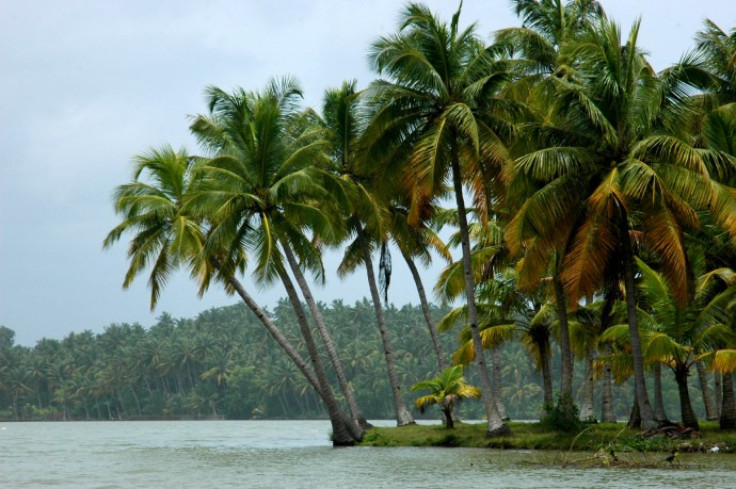Kerala Migrant Workers In Middle East Leave Behind ‘Virtual Widow’ Wives

So many of the Muslim men of Kerala, a province on the extreme southwestern corner of India, have migrated to the Persian Gulf and Middle Eastern states that they have left behind thousands of wives who feel abandoned -- like “virtual widows.”
Indian government statistics suggest that nearly half of the men in the Muslim-dominated Malabar Coast – on the northern edge of Kerala – work in the United Arab Emirates or other Middle Eastern nations. The National newspaper reported that some 2.2 million Keralites live and work outside India, with 875,000 in the UAE and 574,000 in Saudi Arabia. Most of them toil in construction industry or in unskilled and semi-skilled jobs.
High unemployment and few opportunities in Kerala drive most of the local young men to seek work elsewhere. Consequently, a man with a job in the Arab lands makes the most appealing groom – but, conversely, after marriage, Muslim brides are forced to endure long periods of loneliness without their husbands.
"[The brides’] conjugal life is short since the groom comes to get married during his vacation and has to report back for work within 15 to 20 days. Once he goes back, he doesn't come back for a couple of years after which he returns home usually for just a month," Sujatha, a senior government official in the Mallappuram district of Kerala, told the BBC.
The state government has become alarmed by the mental conditions of untold numbers of teenage brides (who quickly become mothers) forced to spend so much of their young lives in isolation, prompting the appointment of health care specialists in villages for counseling.
“These girls are not prepared to live this life of separation and, therefore, they are suffering mentally and physically,” said Ramlath, a government counselor.
In some cases, the prolonged and unnatural separations have led to breakups of families and divorces – an extraordinary step among conservative Muslims.
“Times are changing and the old custom of getting girls married off at an early age is not working out. The girls don't want to live like widows," said local attorney Shamsudheen K.
But a local right-wing, hard-line Islamic political organization called Jamat-e-Islami Hind (JIH) is seeking to stop such divorces by convincing young men to stay in India with their wives or to discourage early marriages.
"Usually it is the male who the one is making all the decisions in the family. But girls who do not have their husbands living with them take the reins and are proving to be good managers," said JIH member Nasiruddeen Alungal.
"Our men are exploited a lot in the Gulf. As soon as a man lands there for a job, his passport is taken away by his employers and he cannot return home when he wants to."
However, Kerala depends heavily on remittances from those millions of workers in the Middle East – to the tune of some 40 billion UAE Dirhams ($10.9 billion) last year alone.
Noyal Thomas, chief executive of the Non-Resident Keralites' Affairs Department, a UAE government department that seeks to protect the rights of migrants, estimated almost one-third (30 percent) of Kerala’s economy is supported by cash sent from its expatriate laborers 2000 miles away in the Persian Gulf.
But the number of Keralites working in the Middle East may have reached a peak.
Earlier this month, the Khaleej Times newspaper of Dubai reported that 25 Keralites were suddenly deported back to India, part of a larger program by Kuwait’s Ministry of Social Affairs and Labour to deport 100,000 workers each year, even if they have valid residency permits, and without their belongings or final paychecks. Deported Keralites in India told media that unknown thousands of their countrymen are languishing in Kuwaiti prisons, awaiting expulsion.
© Copyright IBTimes 2024. All rights reserved.











